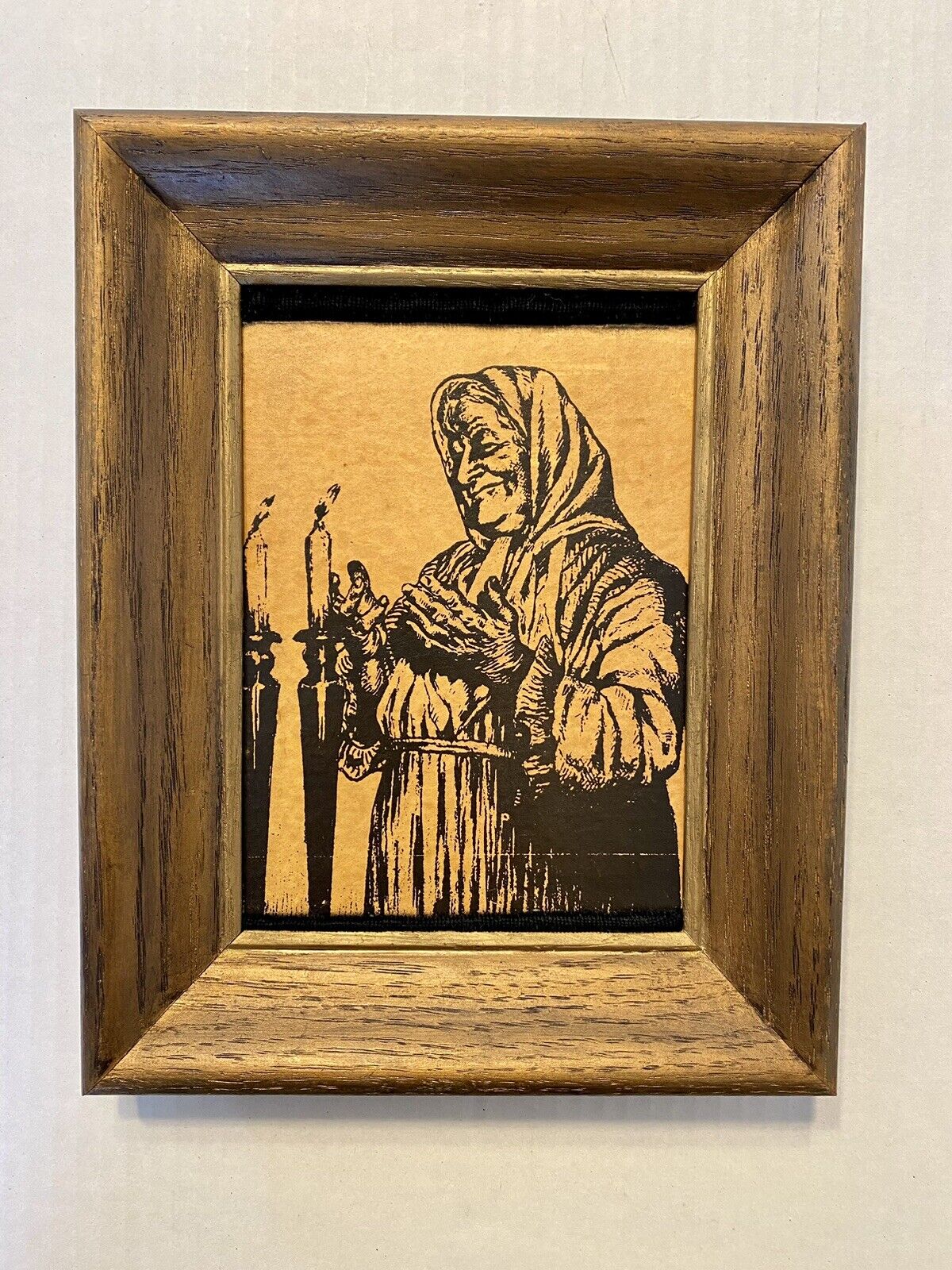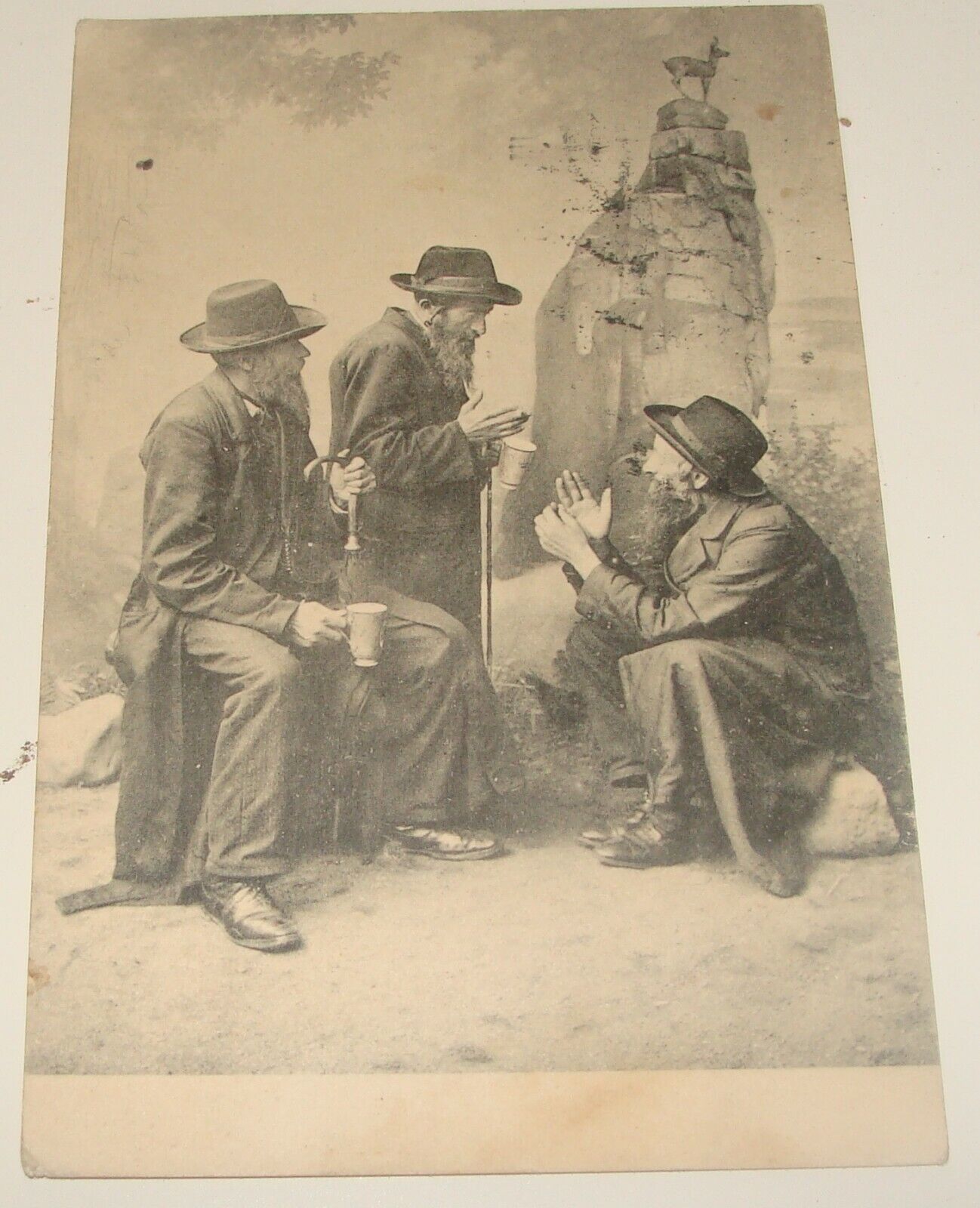-40%
ORIGINAL OLD OIL PAINTING, JEWISH RABBI
$ 237.6
- Description
- Size Guide
Description
ORIGINAL OLD OIL PAINTING,JEWISH RABBI
This items was obtained from a large old collection in Europe.
SIZE
: 440 x 340 mm. Selling on consignment.
ESTIMATE PRICE
: 0 - 00.
HISTORY of SALES
: A few years ago painting old rabbi were sold for
500 and 000
- please see the screenshots.
NO RESERVE
auction. Start price is VERY LOW.
If an item is NOT SOLD, you can still give us a reasonable OFFER - please save the link of this page.
PAY in PARTS
: You can pay for any item during 2 - 3 months. Just make a deposit 10% and the item will wait for you.
SHIPPING
: Let us Handle Your Shipping. For your convenience we will ship your item for a reasonable price - shipping costs will be included in the invoice. Combined shipping is available - next item will be ONE DOLLAR for shipping.
NEW
: Returning customer will have
FREE
SHIPPING
in USA and
50% DISCOUNT
on international shipping.
WIKIPEDIA
: In Judaism, a rabbi is a teacher of Torah. The basic form of the rabbi developed in the Pharisaic and Talmudic era, when learned teachers assembled to codify Judaism's written and oral laws. The first sage for whom the Mishnah uses the title of rabbi was Yohanan ben Zakkai, active in the early-to-mid first century CE. In more recent centuries, the duties of a rabbi became increasingly influenced by the duties of the Protestant Christian minister, hence the title "pulpit rabbis", and in 19th-century Germany and the United States rabbinic activities including sermons, pastoral counseling, and representing the community to the outside, all increased in importance. Within the various Jewish denominations there are different requirements for rabbinic ordination, and differences in opinion regarding who is to be recognized as a rabbi. For example, Orthodox Judaism does not ordain women as rabbis. Non-Orthodox movements have chosen to do so for what they view as halakhic reasons (Conservative Judaism) as well as ethical reasons (Reform and Reconstructionist Judaism).


















